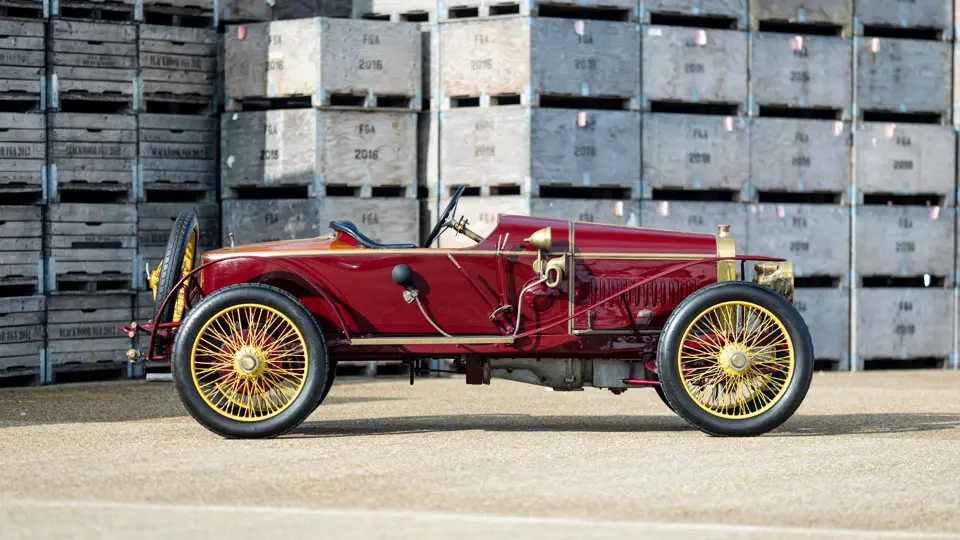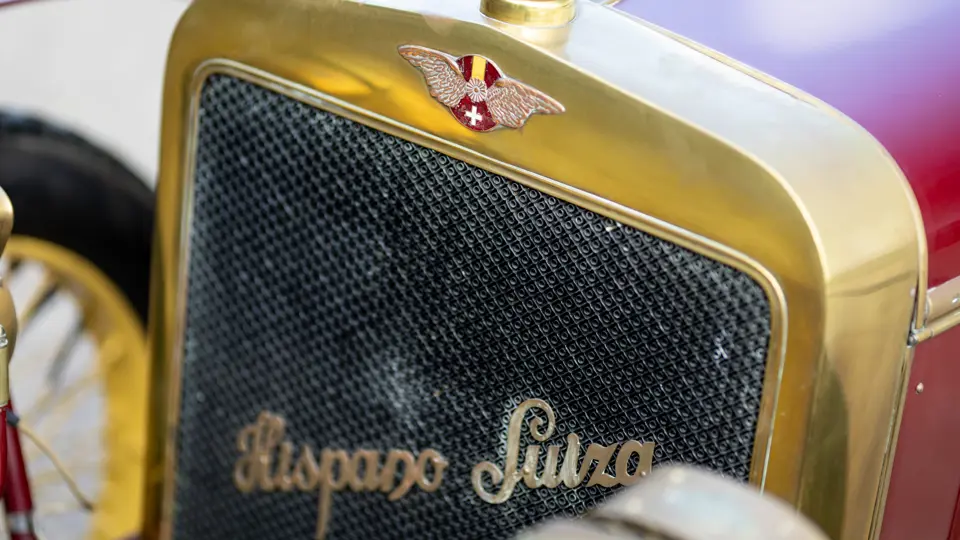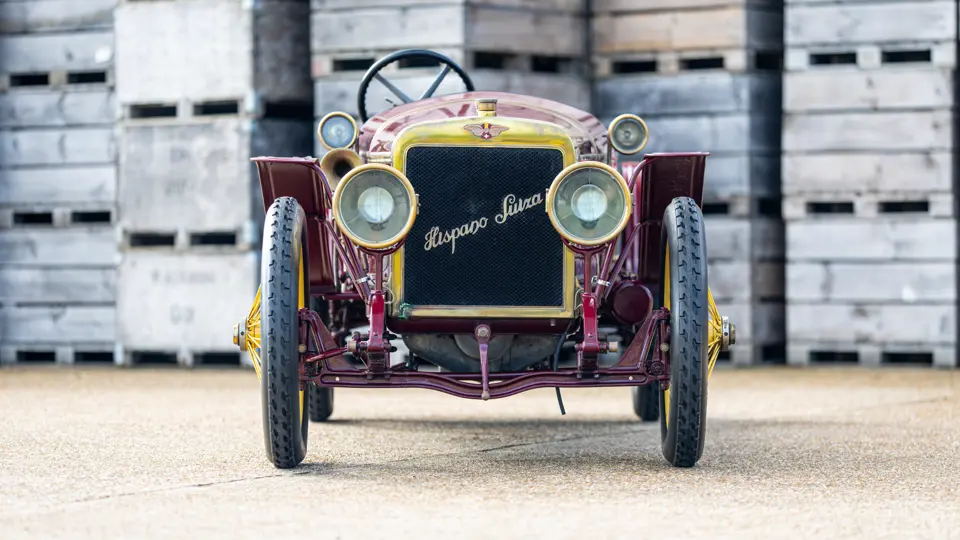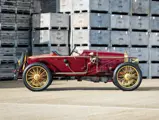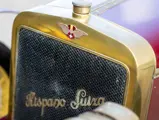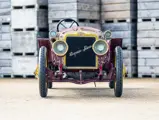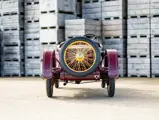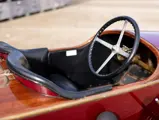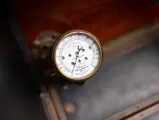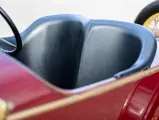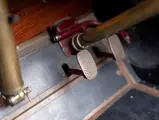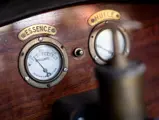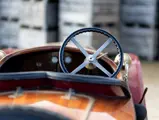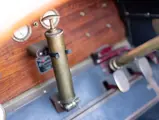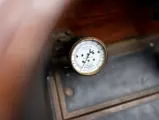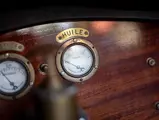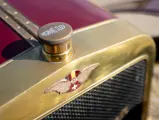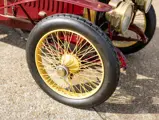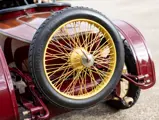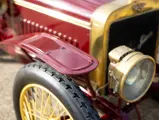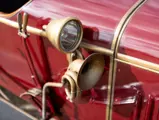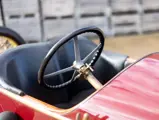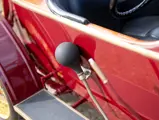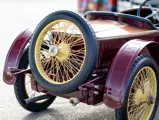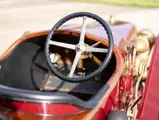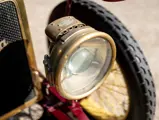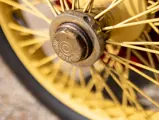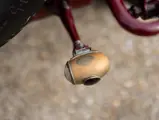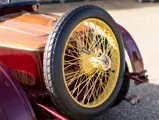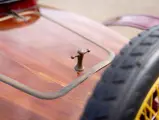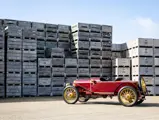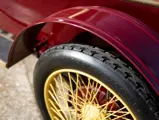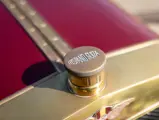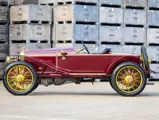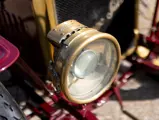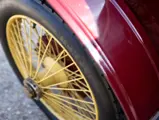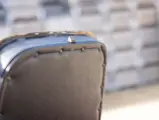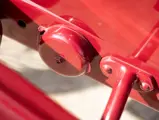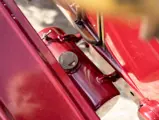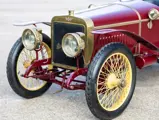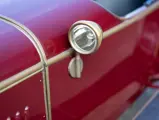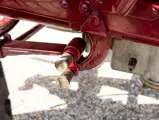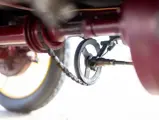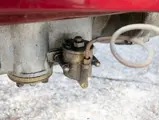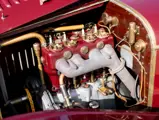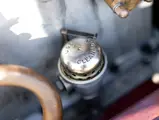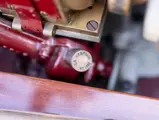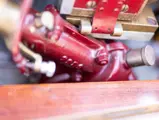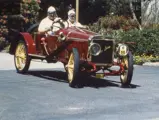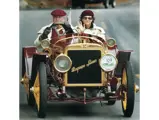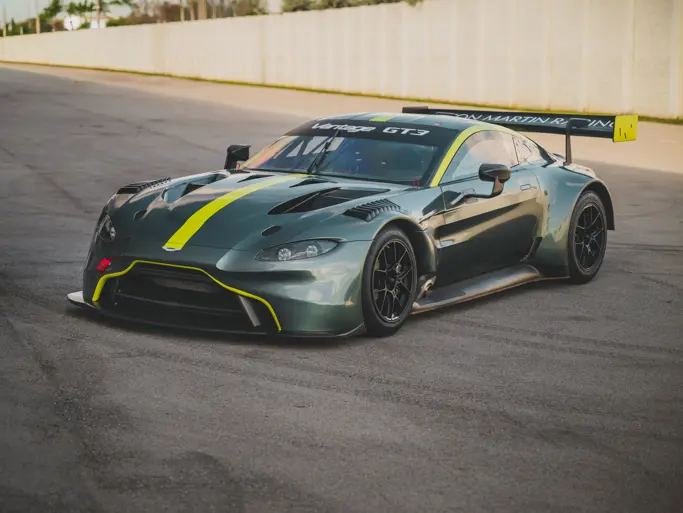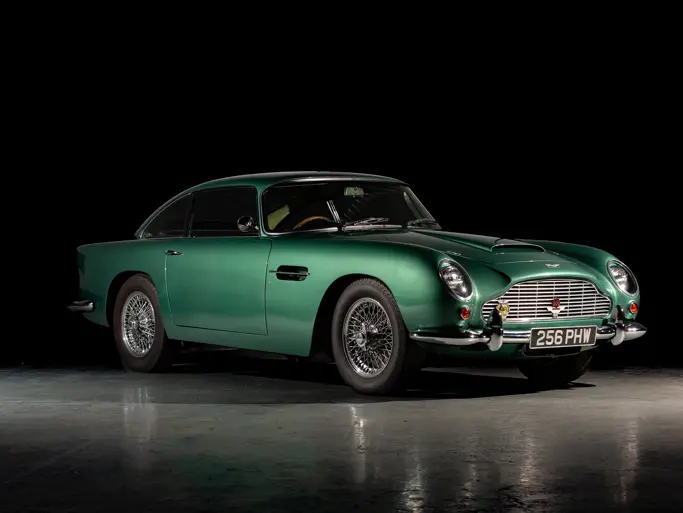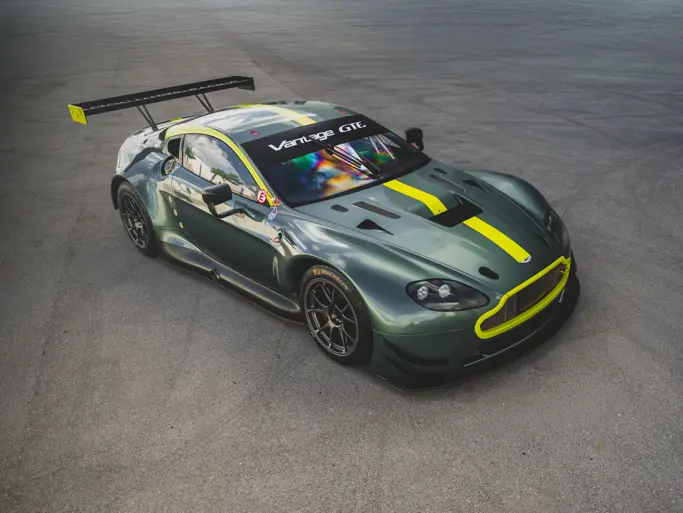
1915 Hispano-Suiza Alfonso XIII
{{lr.item.text}}
£263,750 GBP | Sold
{{bidding.lot.reserveStatusFormatted}}
- A fine example of one of the world’s first production sports cars
- Continuous history from 1915 to date with just four Australian owners
- Extensively used for events and rallies from the 1950s onwards
- Briggs Cunningham skiff-style body fitted in the 1980s as part of three-year restoration
- Part of York Motor Museum collection in Western Australia for last 41 years; offered directly from the York Motor Museum Trust
- Large history file including letters of verification, copy records, and original sales brochure
Please note this car is titled by its engine number.
Taking its name from the Spanish monarch who promoted domestic automobile racing before the Great War, the Alfonso XIII was a road-going replica of a racing car campaigned by Hispano-Suiza from 1909 to 1910. With a top speed of 75 mph, it was one of the world’s first production sports cars.
While Marc Birkigt’s chassis design closely resembled that of the racer, the Alfonso’s twin-camshaft, four-cylinder engine was larger by one litre, displacing 3619 cc, and producing 64 brake horsepower at 2300 rpm—a quite exceptional output at the time. Technically advanced, the car’s engine, clutch, and four-speed gearbox were in unit, eschewing the then normal practice of having an isolated transmission. The Alfonso was also equipped with centre-lock wire wheels, when more rudimentary artillery-style items were the norm.
Chassis 2252 is a remarkable survivor of the type, with a continuous history and extensive use throughout its 110-year life. Manufactured by Hispano-Suiza in 1915, it was delivered from the company’s Paris factory, along with two other Alfonso XIIIs, to Australia. The car is then believed to have been bodied by a Sydney coachbuilder, before being first registered in 1915 to Mr H Williams, an executive with the Dunlop Rubber Company, who used it on priority business during the war years.
In 1927, Williams sold the Alfonso to Mr Angus Eyres, an engineer with New South Wales Railways. Eyres used the car as his everyday transport, including on priority business during World War II, before selling it to Mr George Green in 1958.
Green was an enthusiast and collector, and during his tenure with the car various modifications were made, including fitting an auxiliary oil pump. Green entered numerous events with the Alfonso, including all the Katoomba Rallies from 1960 to 1974, and the 1970 Sydney to Melbourne International Rally. In 1965, returning from Adelaide in a Vauxhall 30-98, accompanied by a colleague driving the Alfonso, Green encouraged his friend to keep pace, resulting in the car averaging 60 mph over the 400 miles between Mildura and Cootamundra. By 1976, Green estimated that the Alfonso had covered some 500,000 miles.
After Green passed away, the Alfonso was sold to its current owner, the York Motor Museum of Western Australia, in 1983. Peter Briggs, who had a career in the mining industry, had established the museum in 1979 to house his collection of cars. After purchasing the Alfonso, Briggs commissioned Roger Fry to undertake a full restoration of the car in 1985, including replacing its body with a copy of that from Briggs Cunningham’s skiff-bodied Alfonso, which can now be found in the Miles Collier Collection. Mahogany for the body was taken from the then recently closed Boans department store in Perth, and brass was used for its fittings and radiator. A new engine block was cast by VM Engineering, using established patterns, before John Hunting of Perth reassembled the engine.
Since completion of the work in 1988, the Alfonso has made regular appearances at Perth’s Celebration of the Motor Car, entered the Pebble Beach Concours d’Elegance, and been campaigned in the Ritz Hotel Madrid Hispano-Suiza, and New Zealand Pan Pacific Rallies.
Included in the sale is correspondence between York Motor Museum and the Briggs Cunningham Museum and the UK’s National Motor Museum, as well as a large history file, copy records, and an original Hispano-Suiza sales brochure.




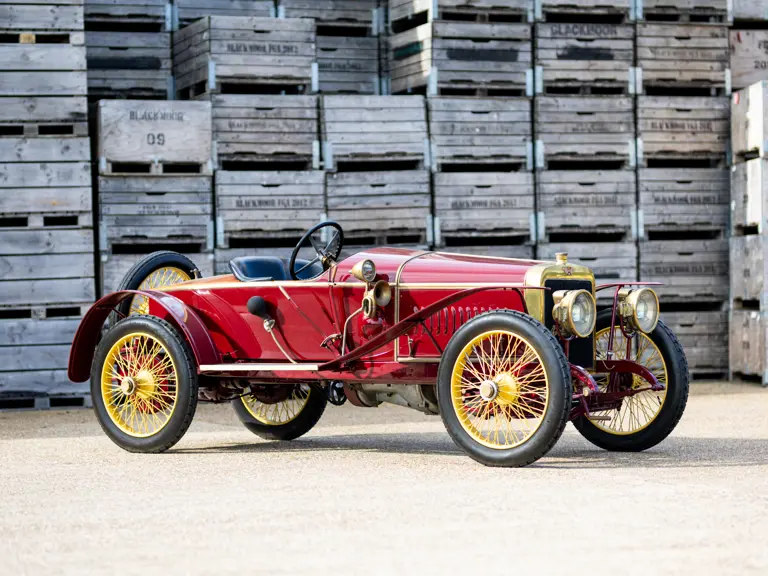
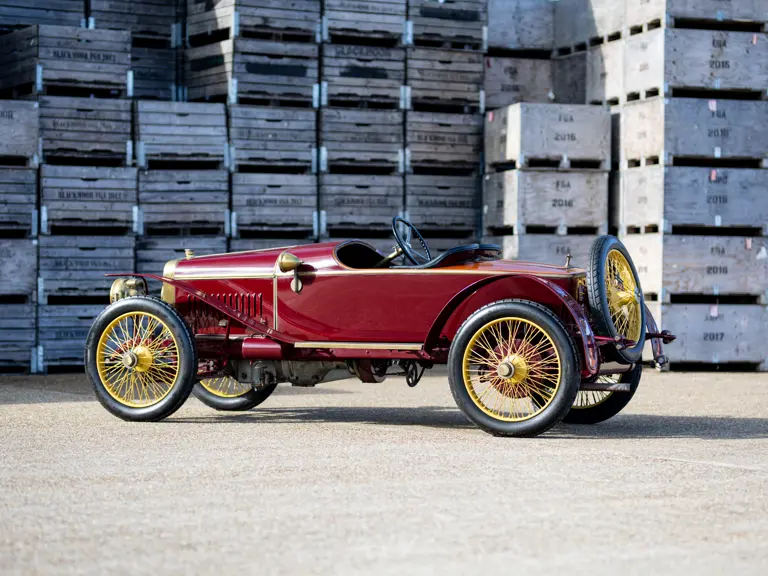
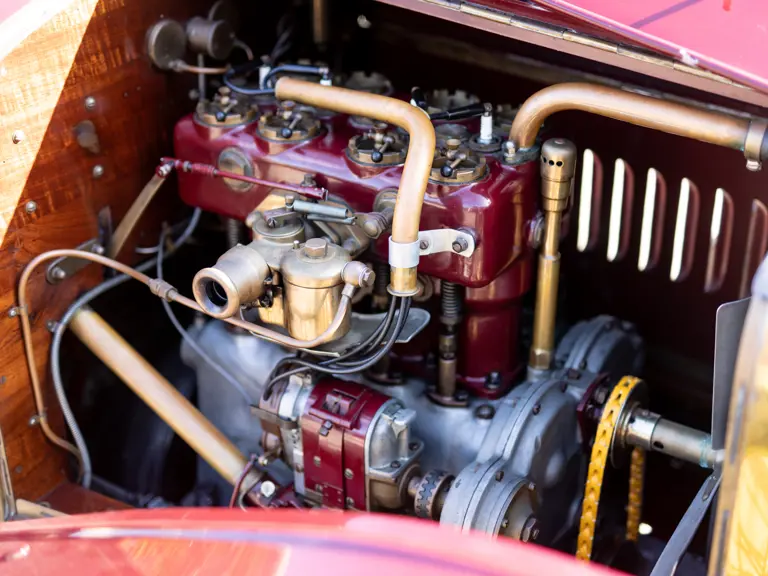
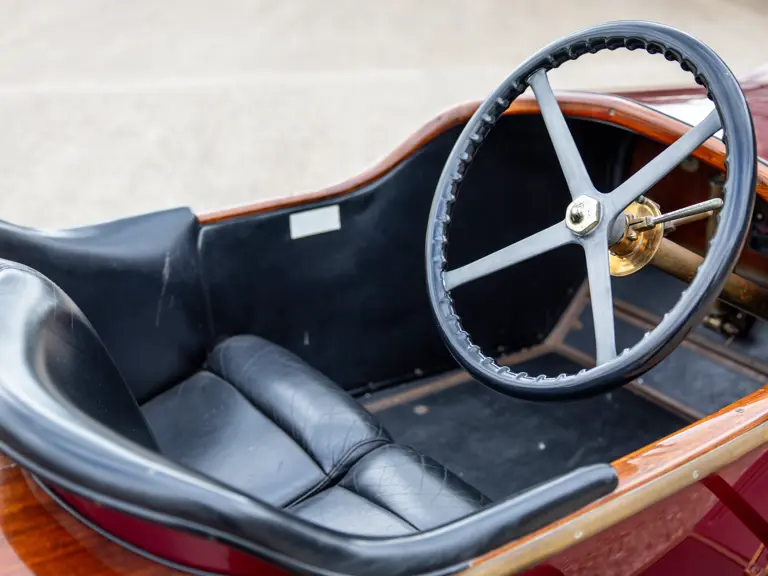
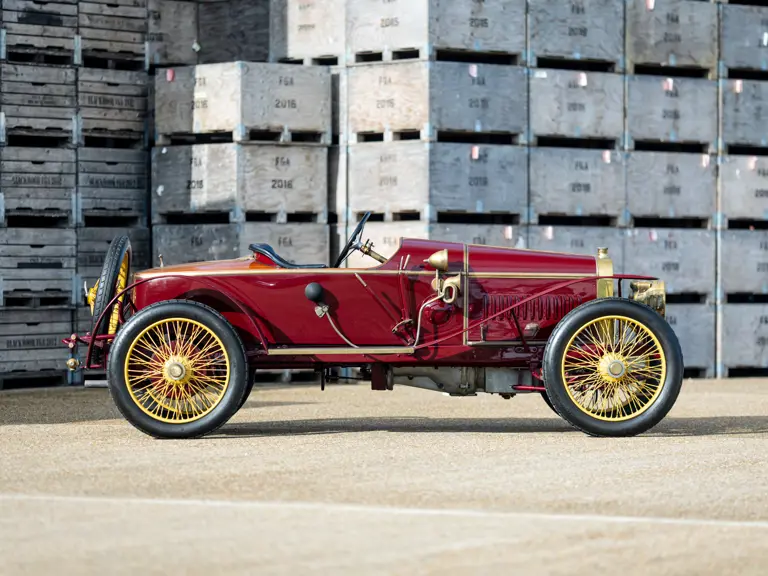
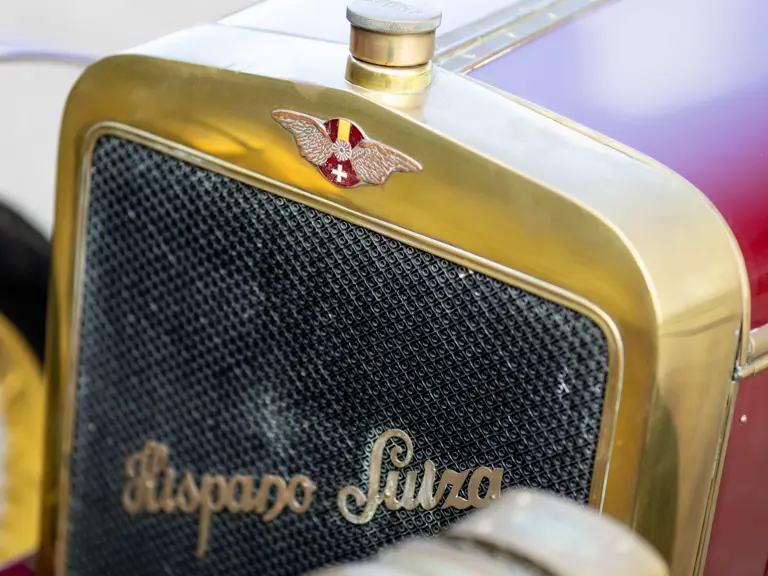
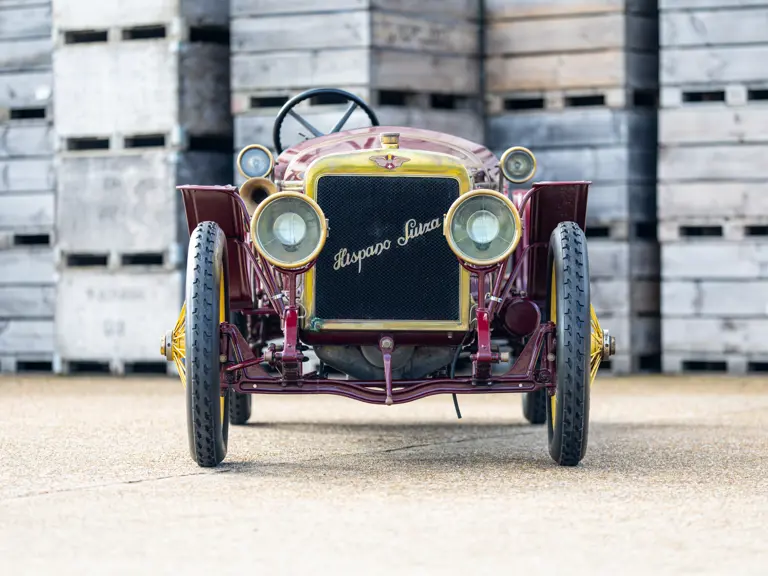
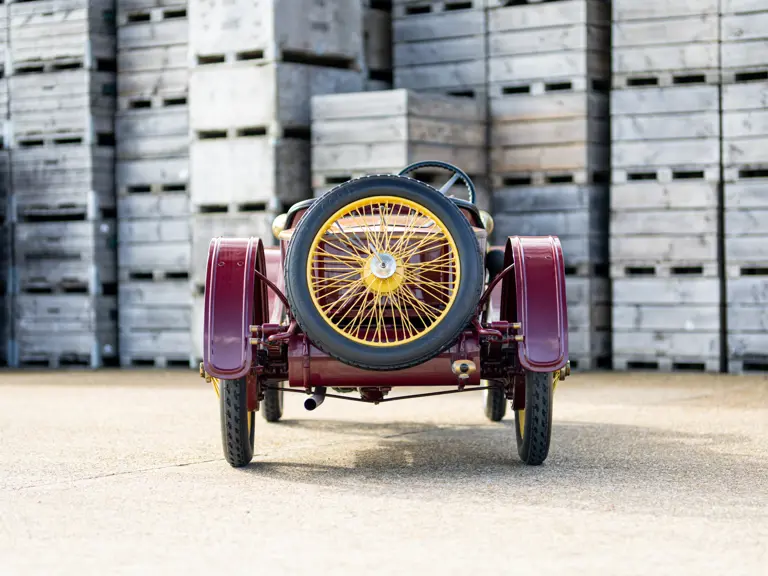
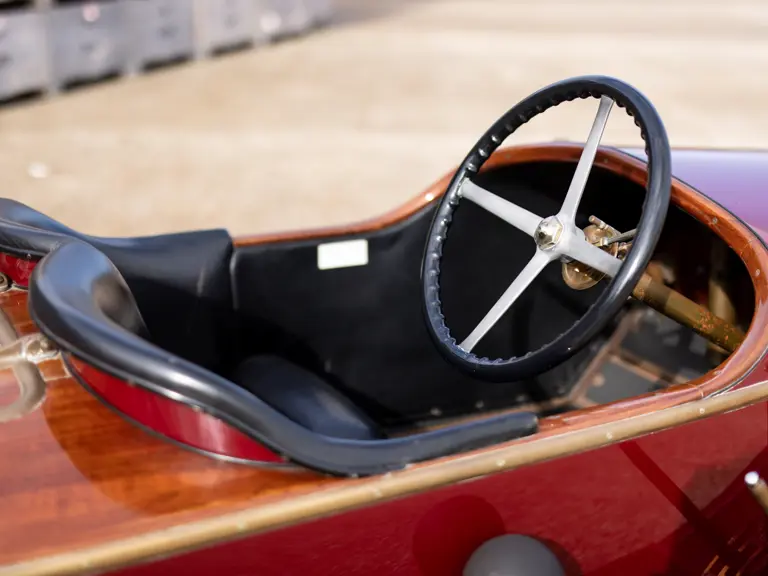
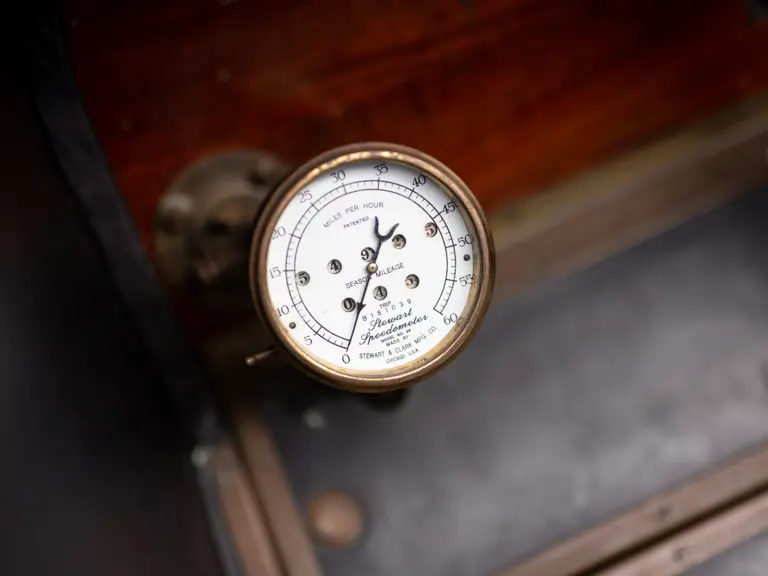
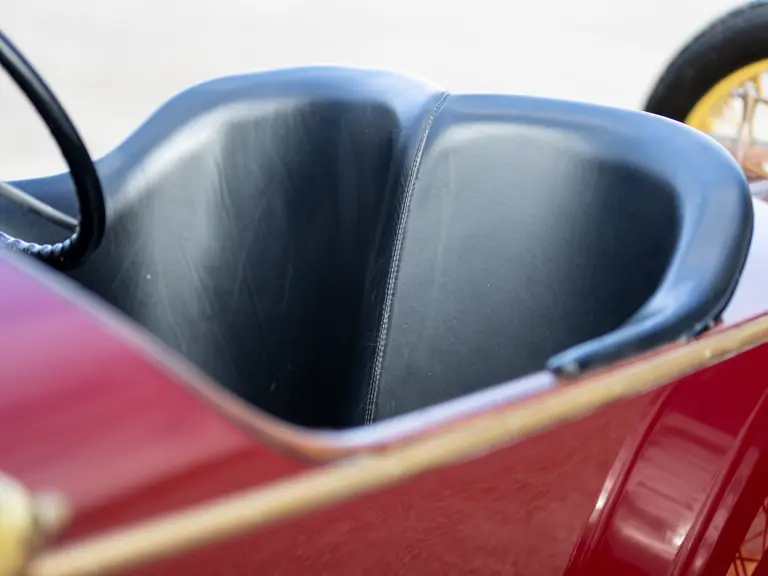
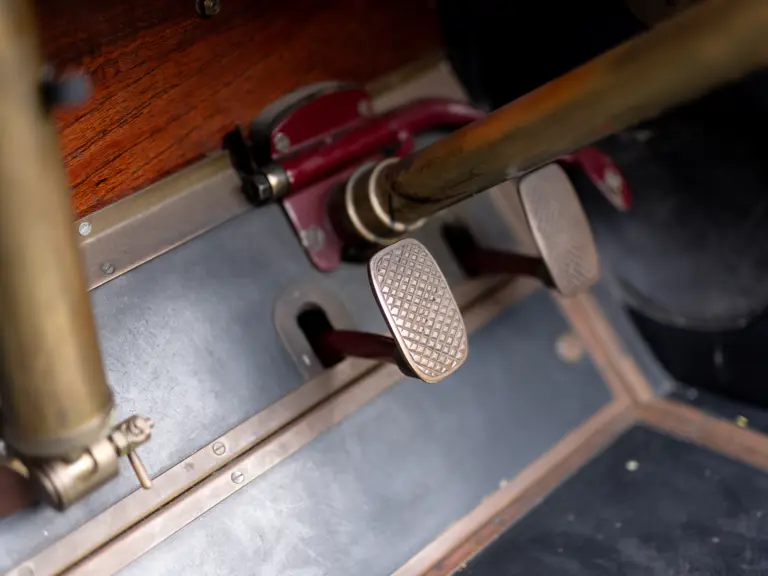
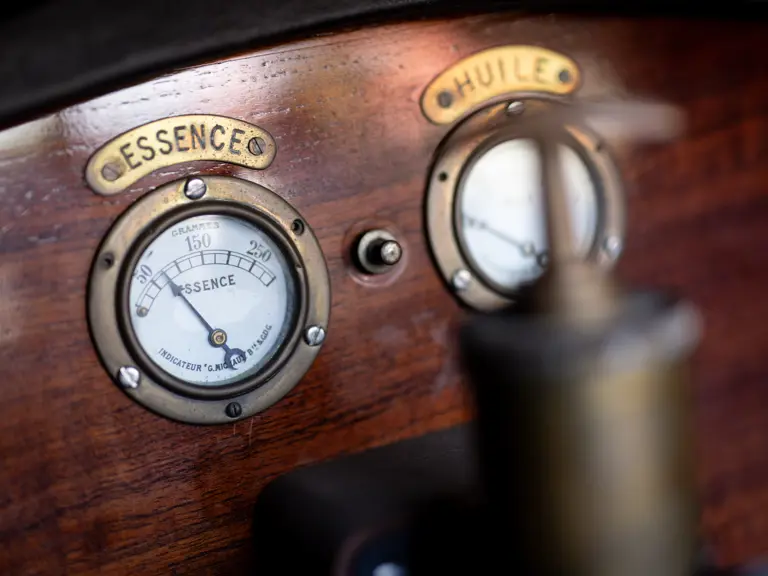
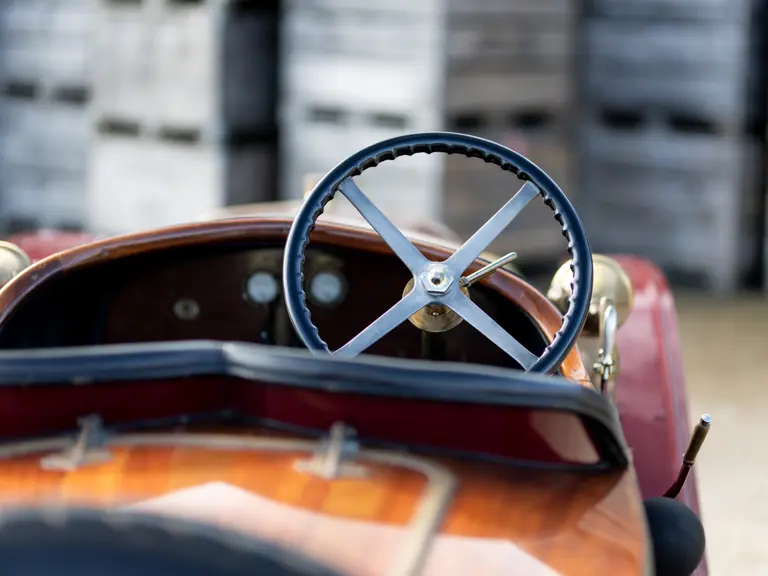
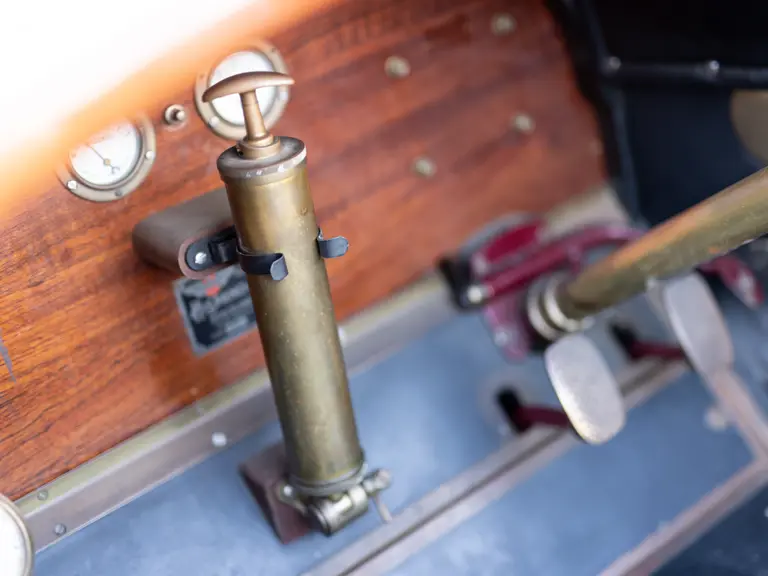
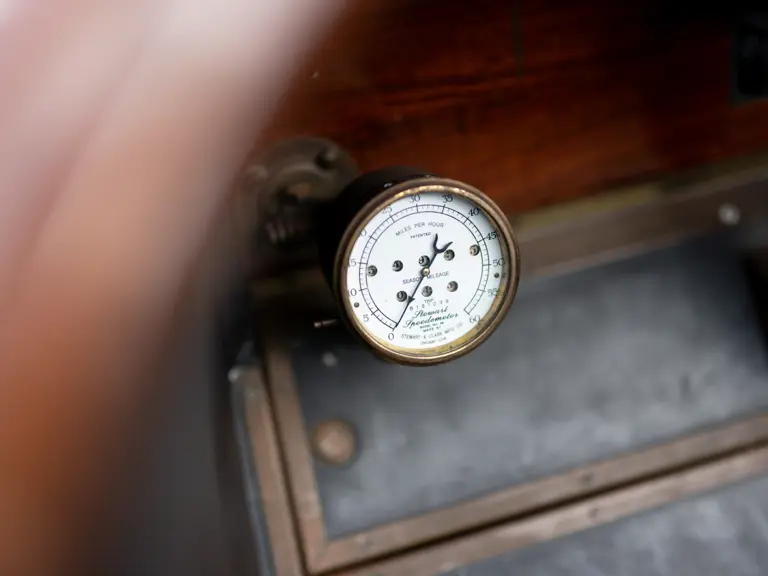
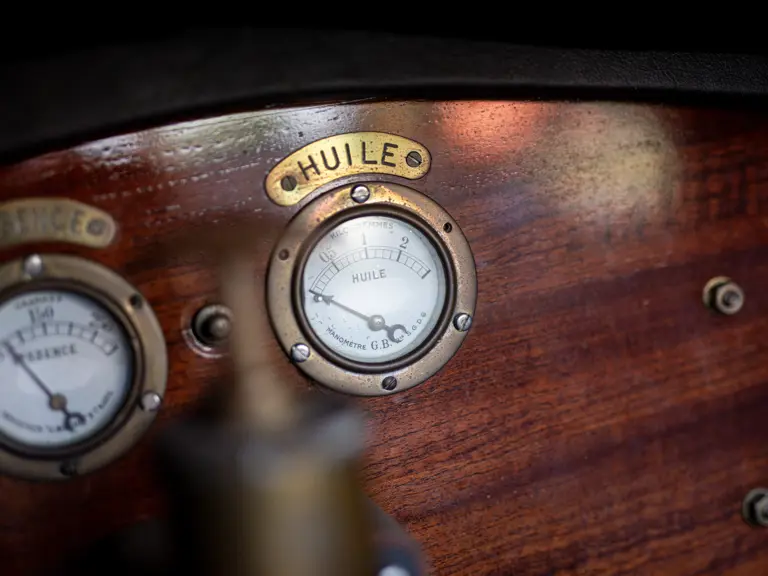
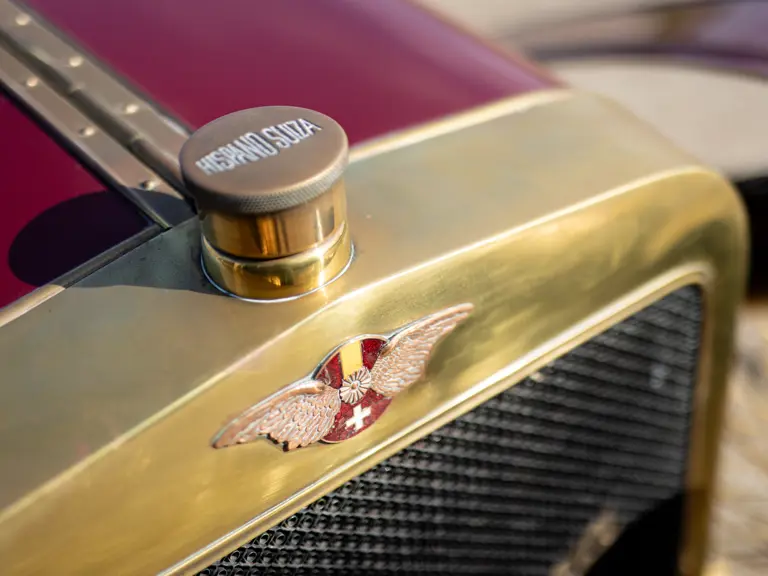
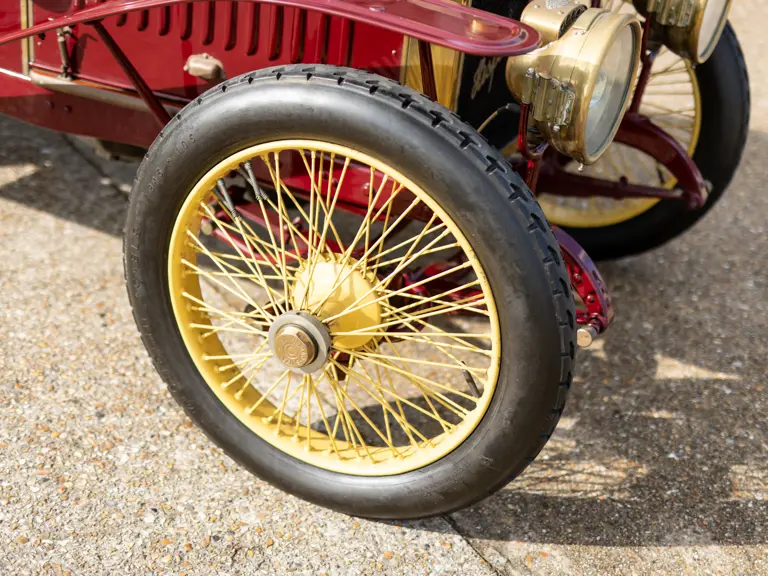
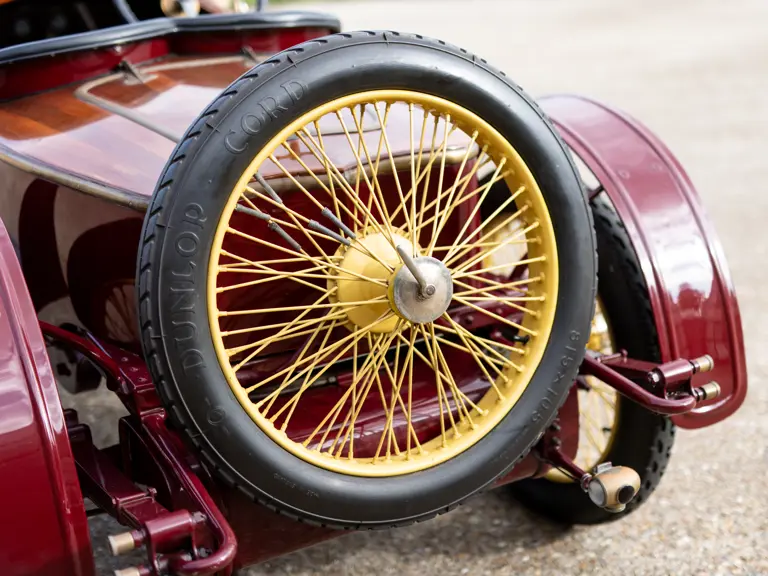
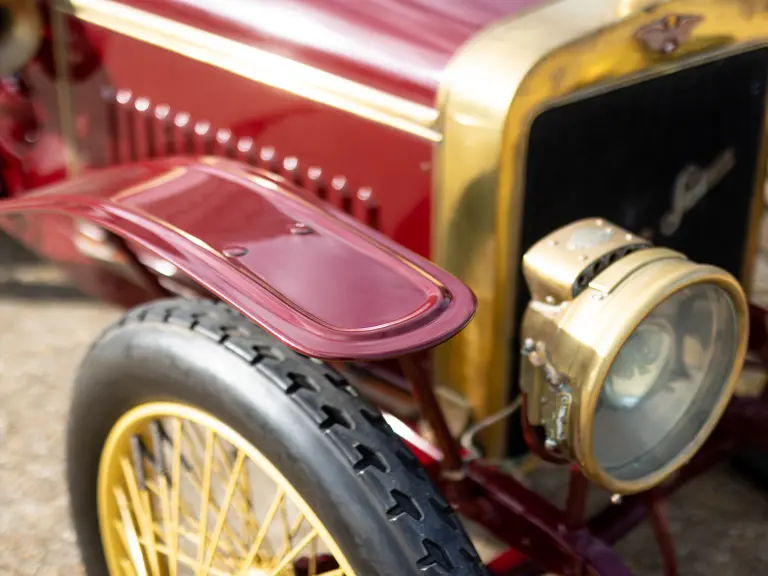
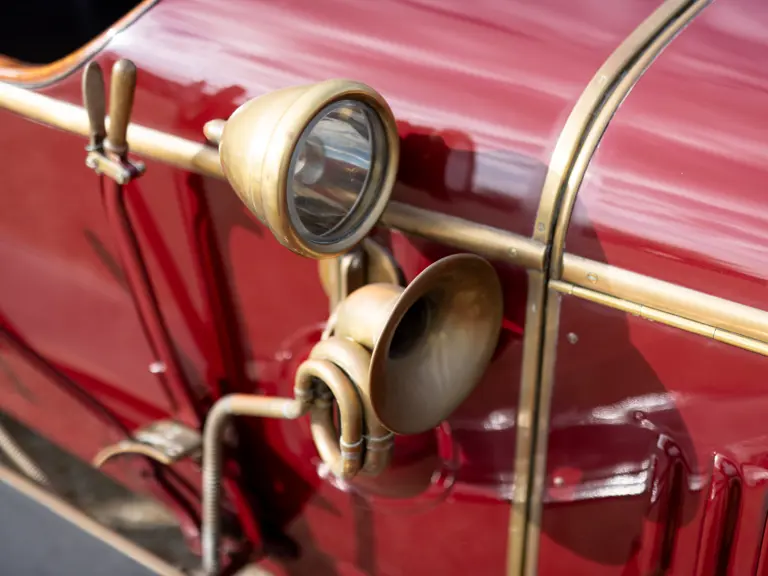
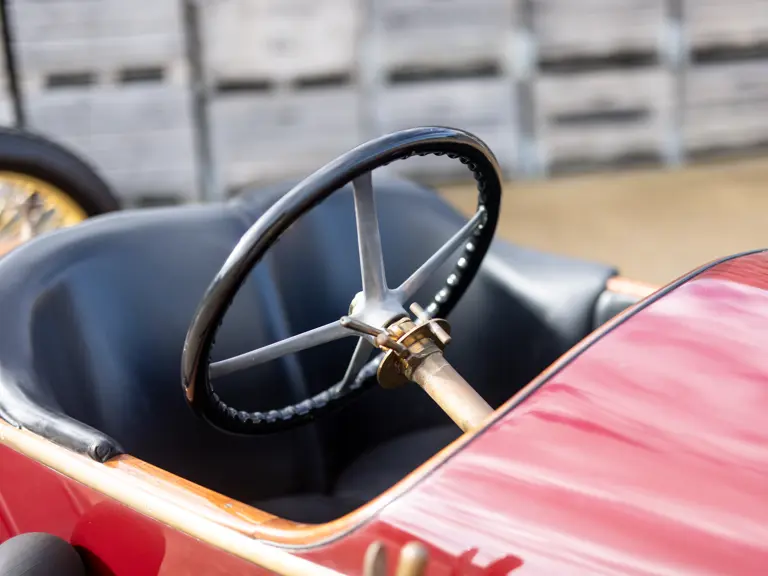
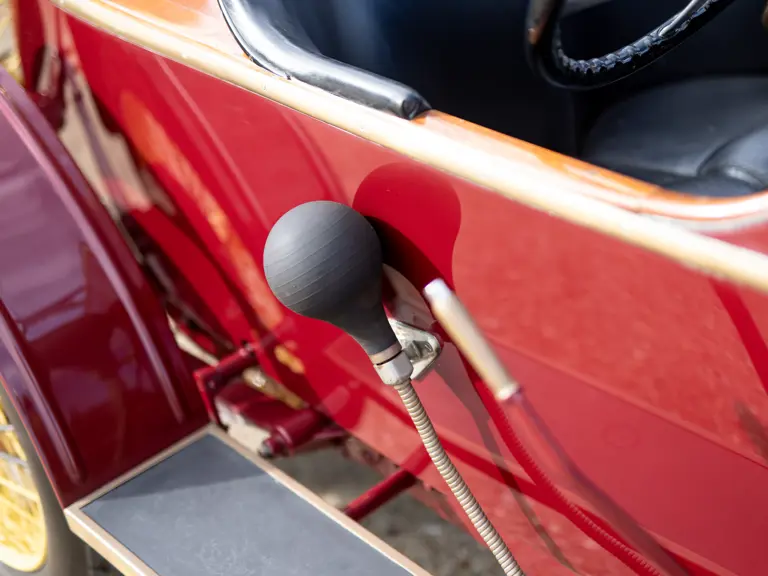
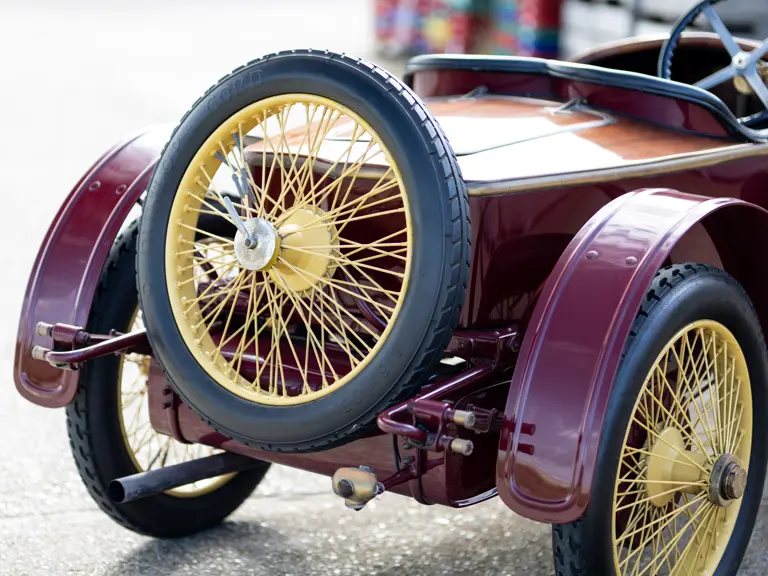
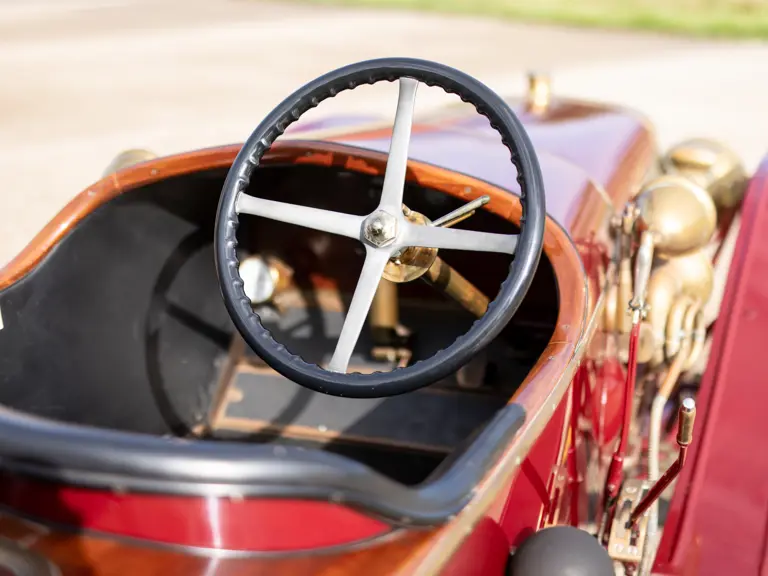
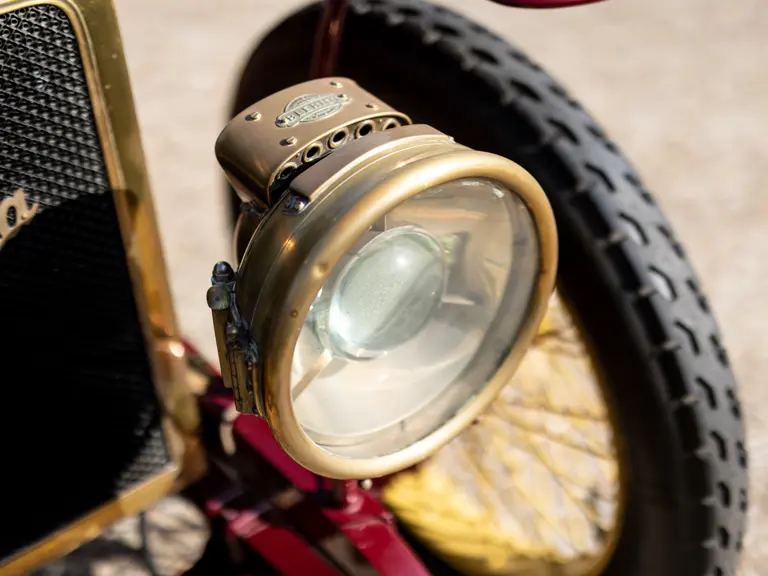
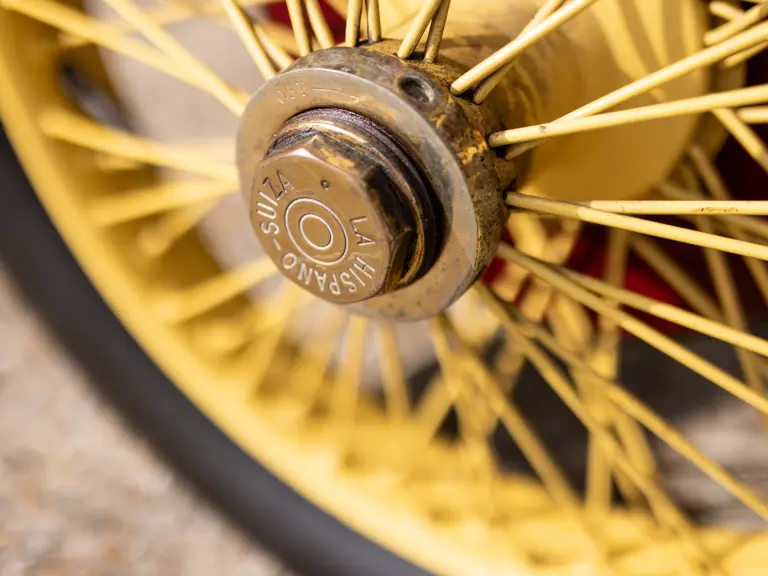
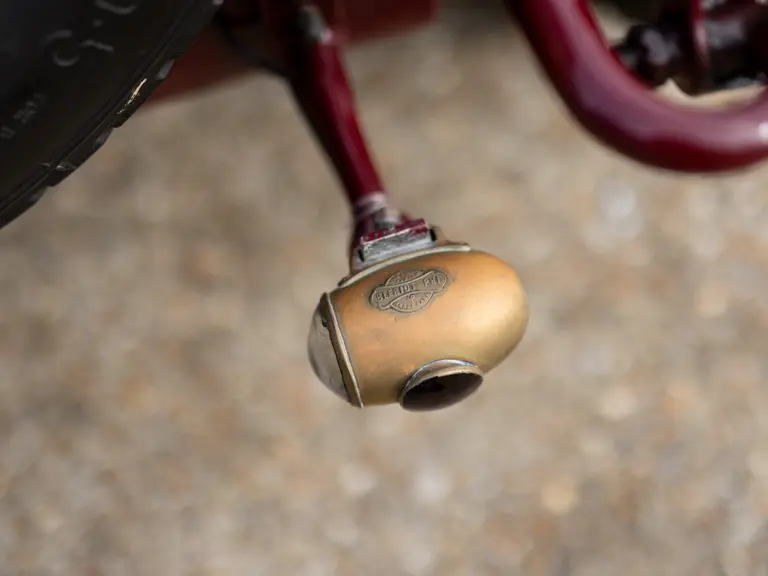
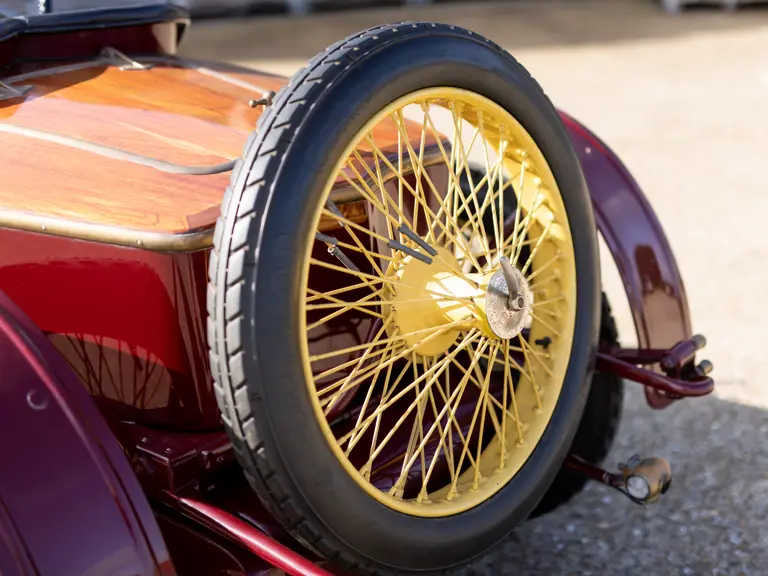
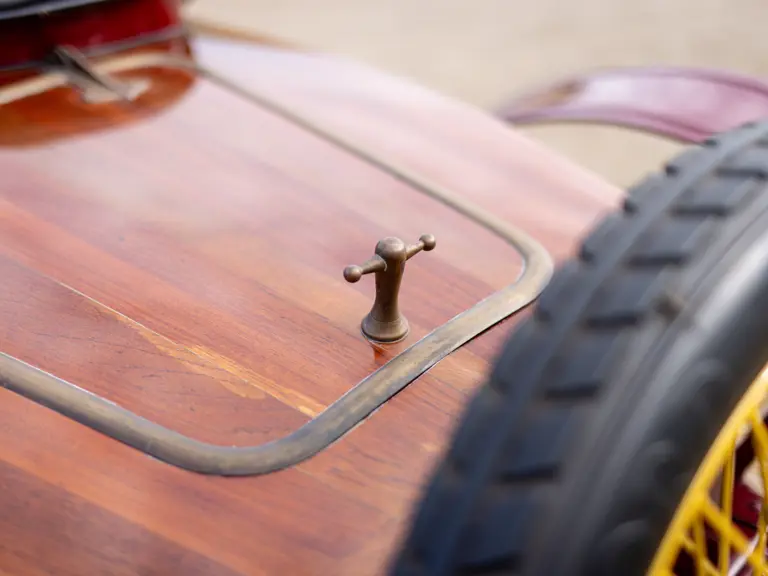
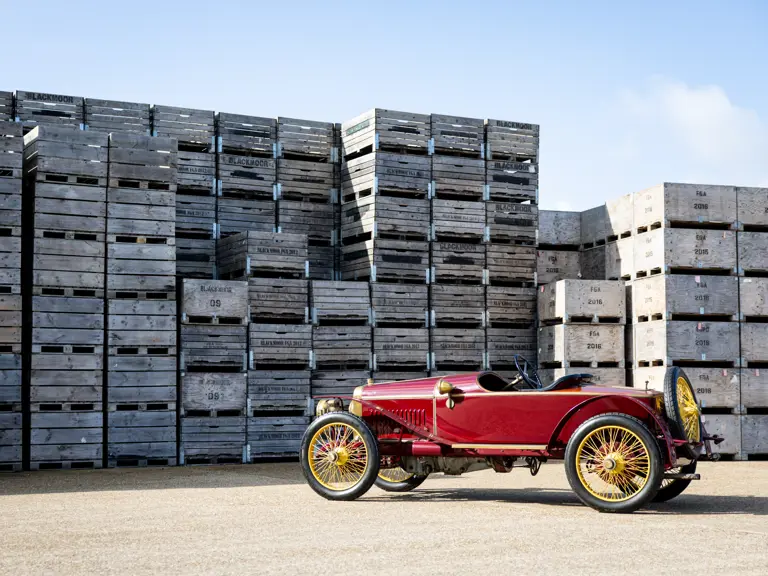
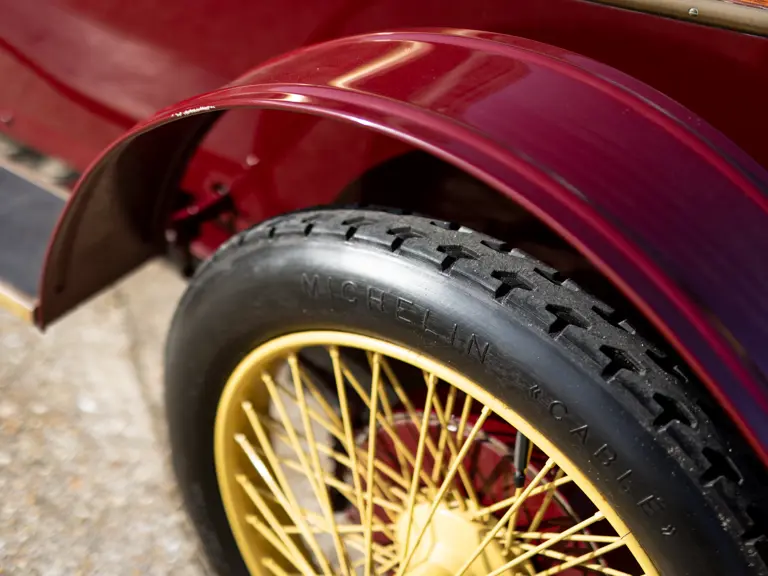
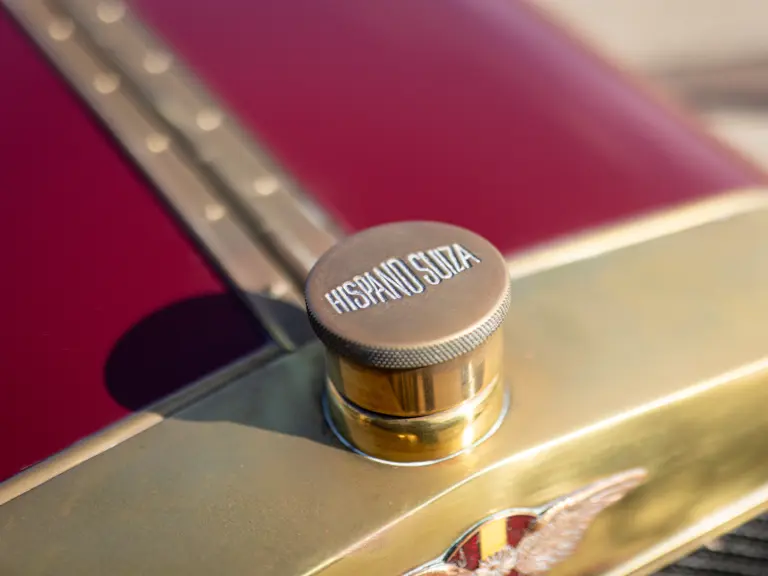
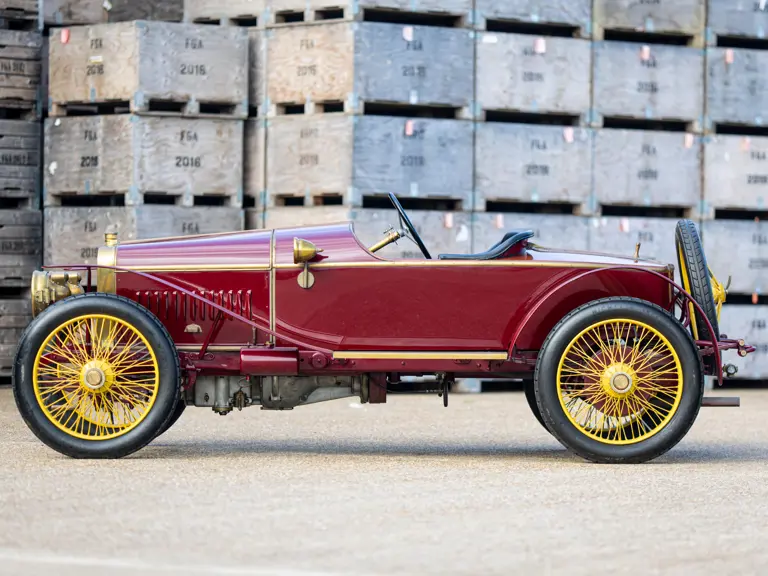
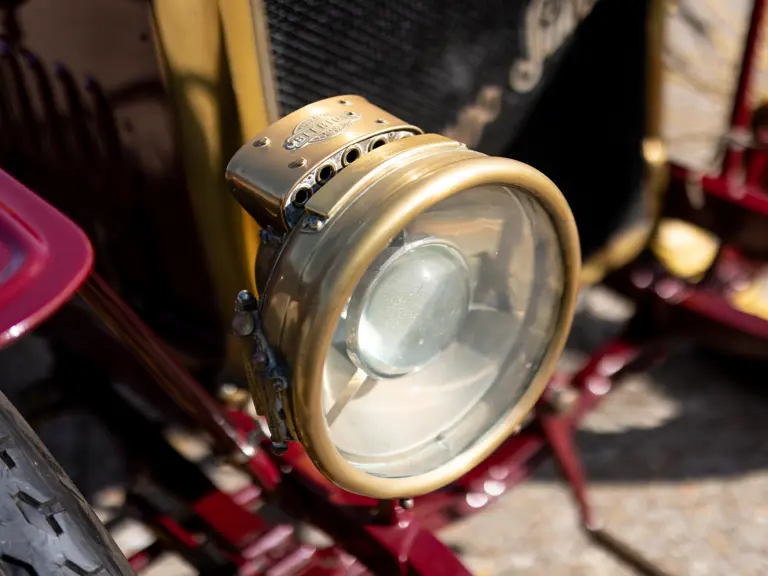
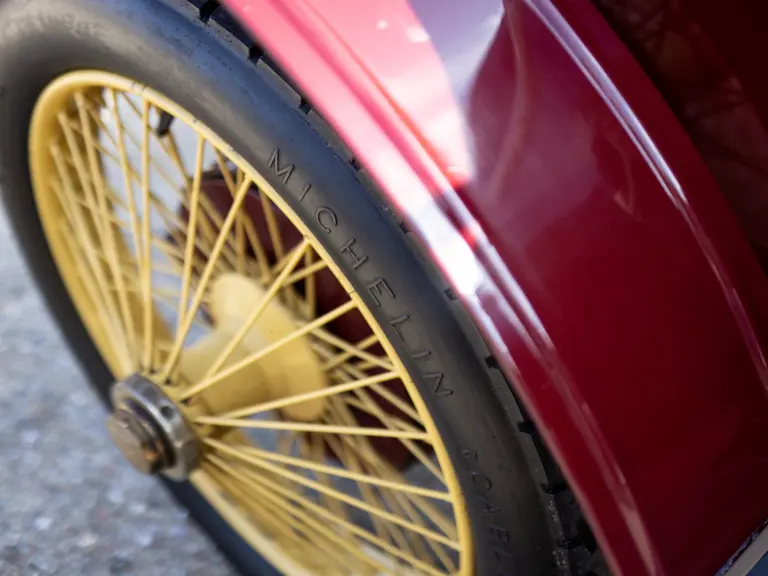
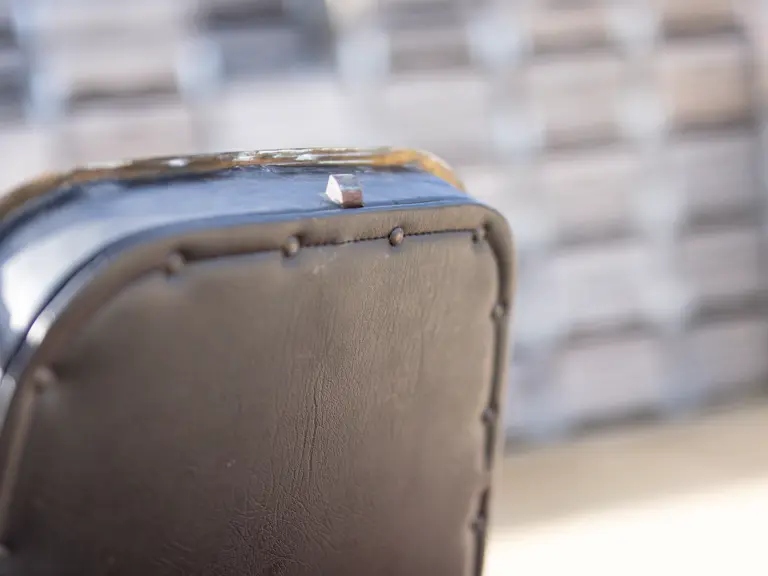
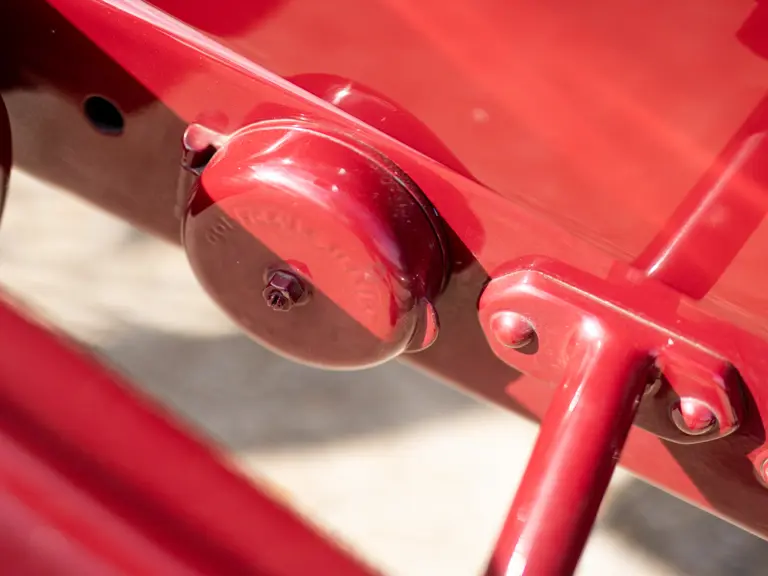
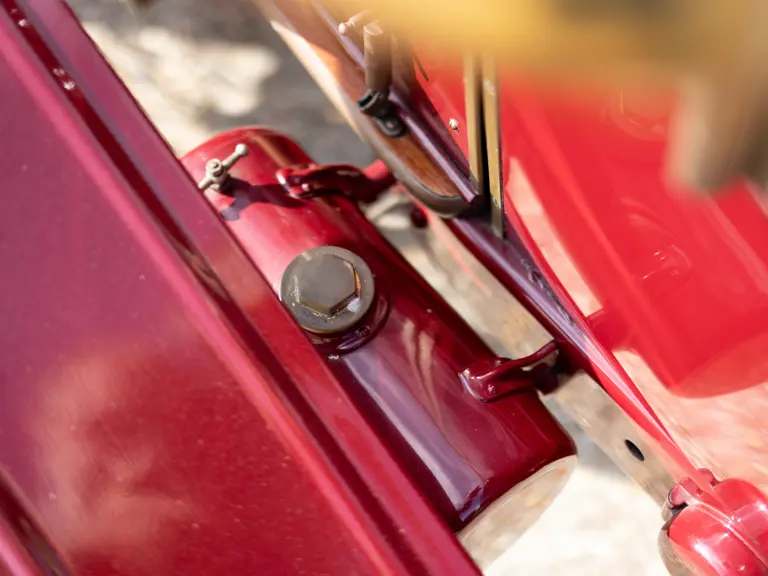
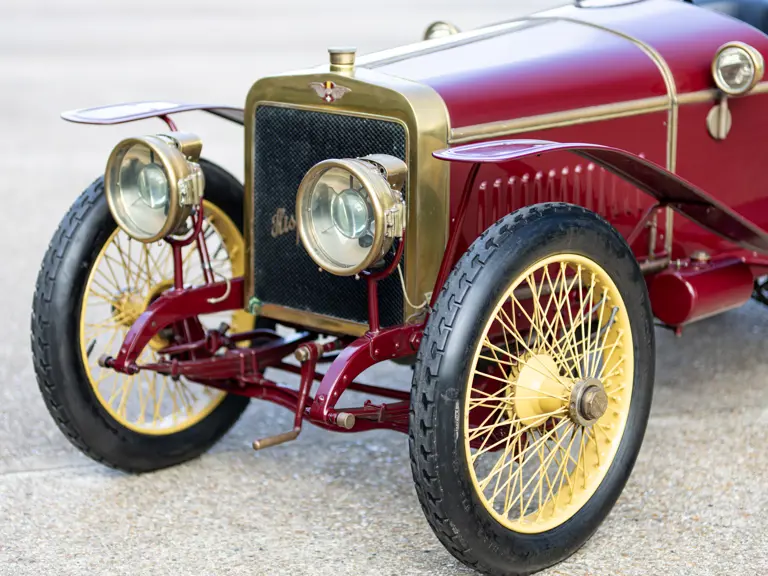
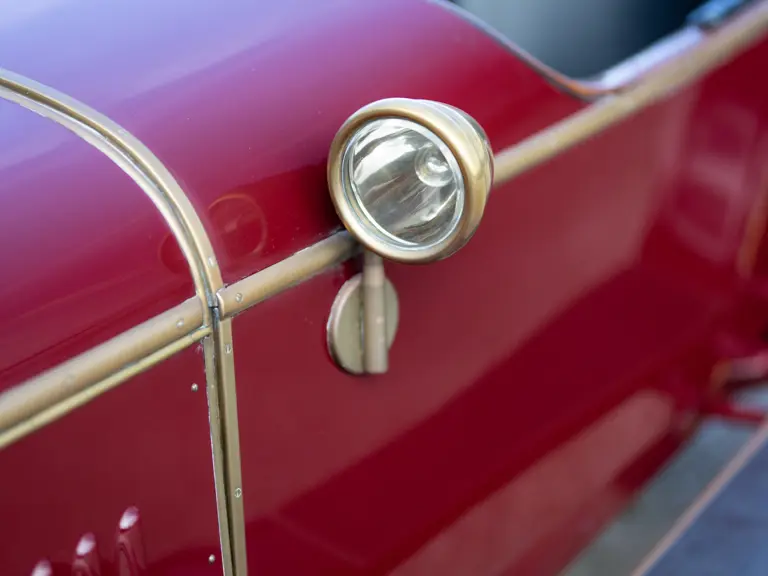
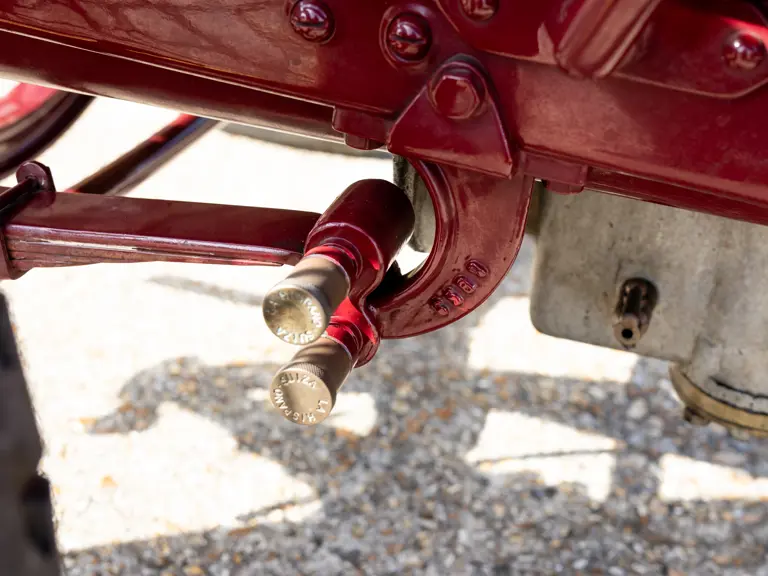
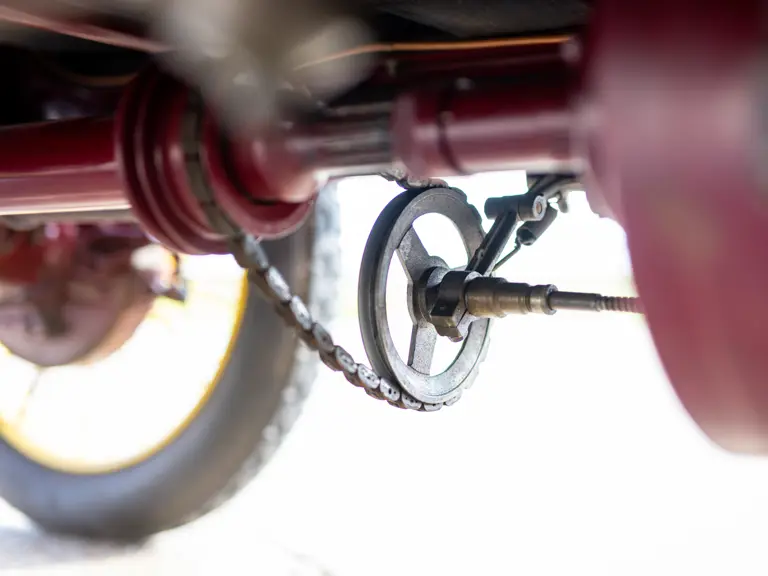
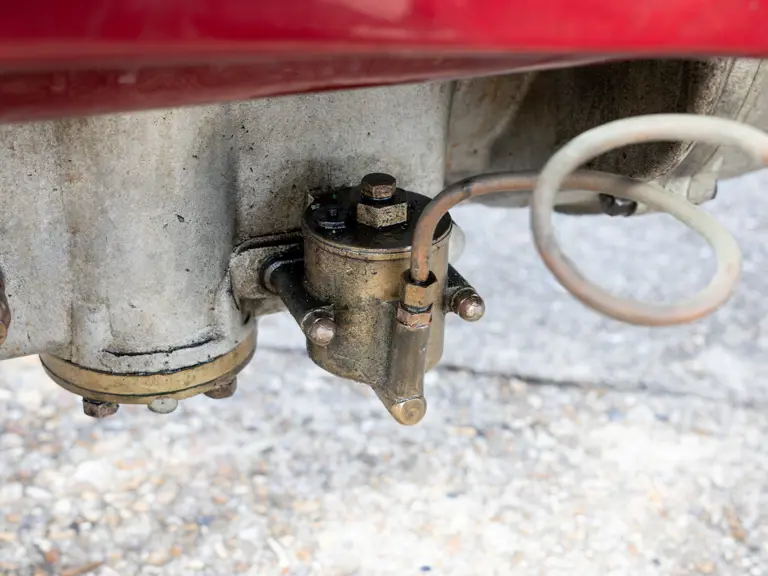
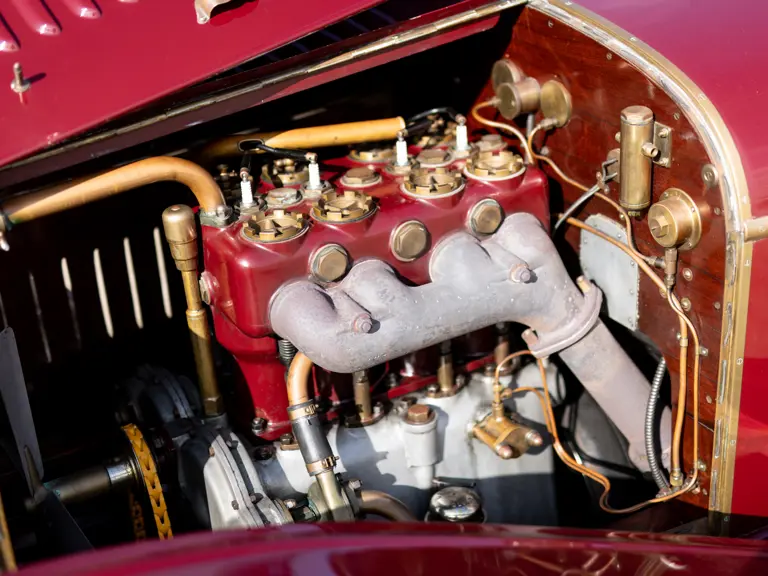
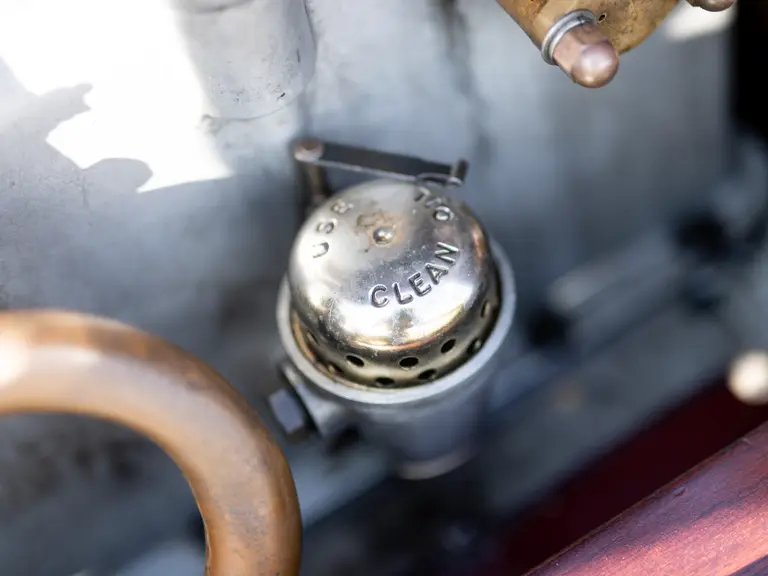
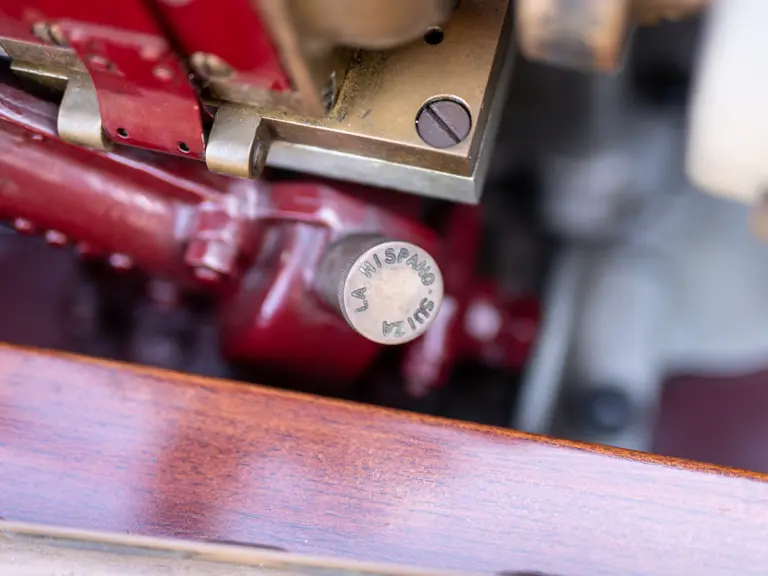
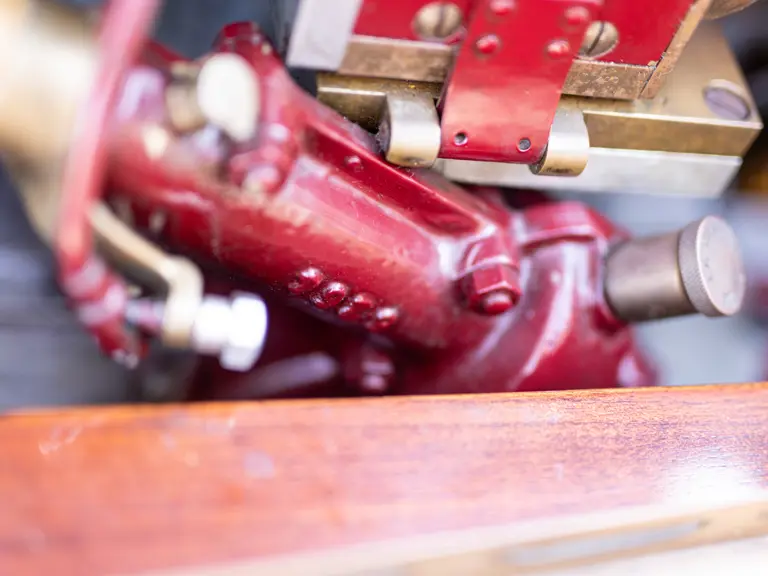
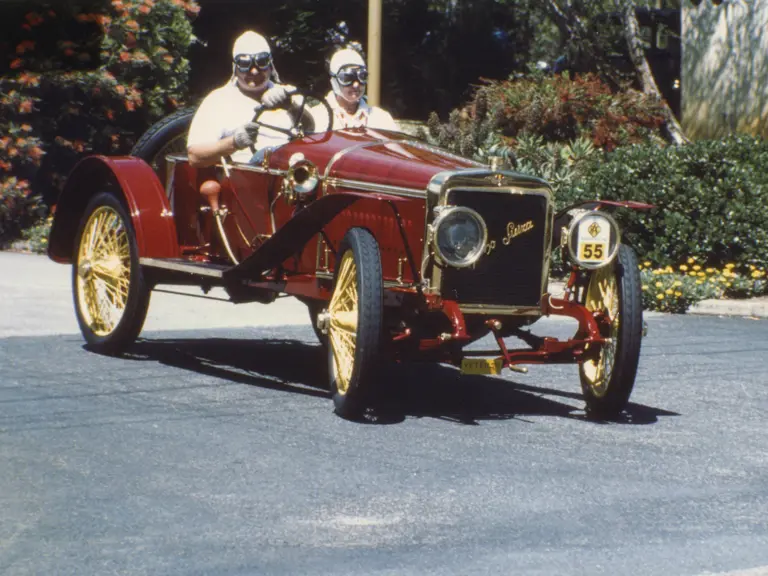
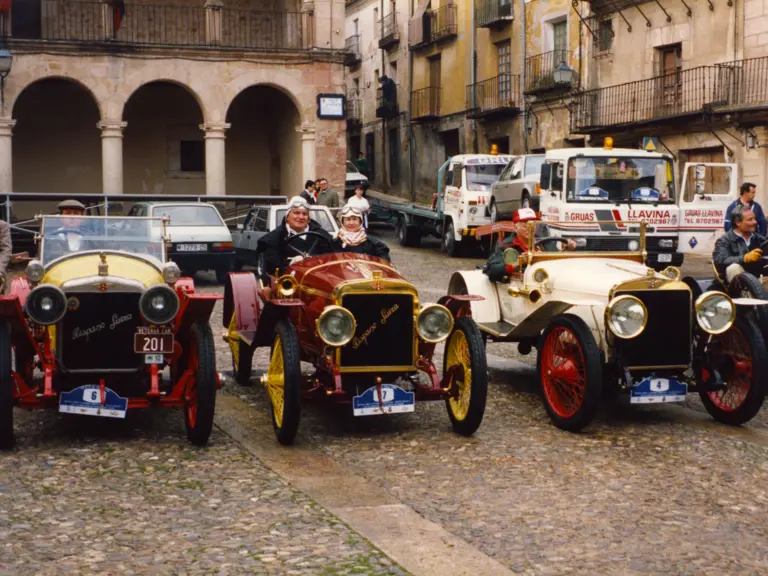
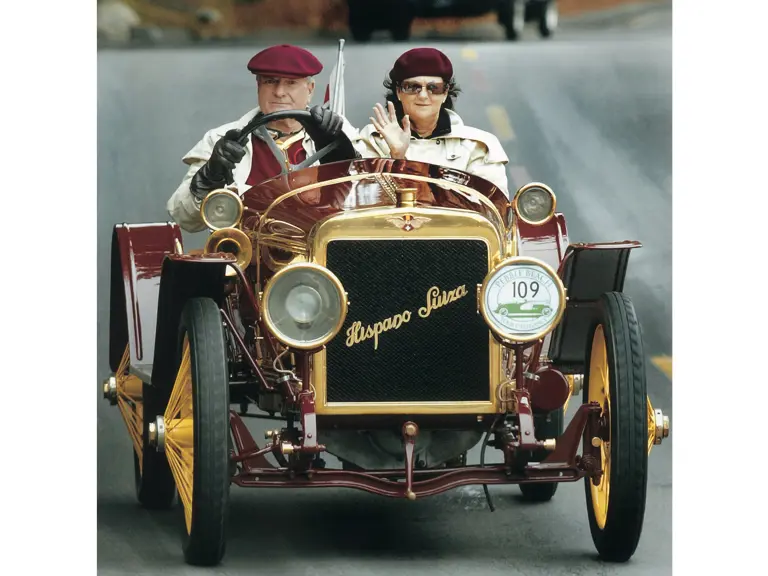
 | London, United Kingdom
| London, United Kingdom
